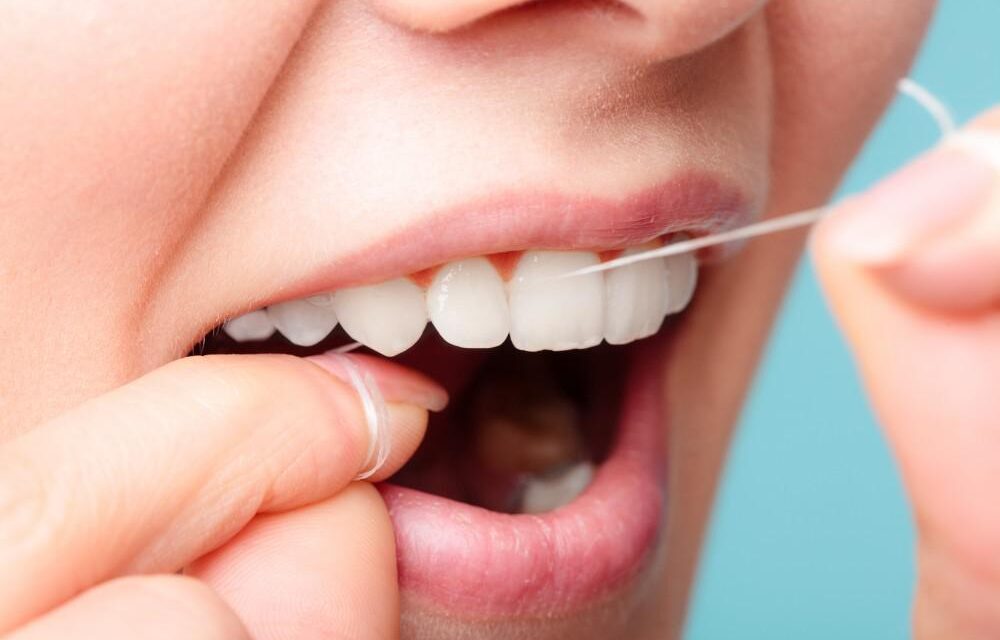Yes, you read this right. Despite always being told to regularly brush and floss you teeth for optimal oral health, the rule changes in the case of dental implants. While you still have to maintain your oral health regimen, you use a different flossing technique for dental implants. Dentists do not recommend using the regular floss you use for implants. Read on to find out why.
Call Our Office Today at (480) 539-7979
Why you shouldn’t use traditional dental floss for implants
Here are three main reasons you should not use traditional floss for flossing around dental implants:
Floss shredding
The main reason dentists do not recommend normal floss is that it easily shreds. And the chances of shredding are higher while flossing around the dental implant base.
No doubt some floss types are strong. However it doesn’t matter what the floss type is, most floss readily breaks. With floss breaking around the base, floss pieces may anytime end up lodged in between the gums and implant.
A foreign body, floss can trigger an infection. Sometimes shredded floss thus ends up causing peri-implantitis and possible implant failure.
Ineffective floss
Another reason it’s not advisable to floss around implants is that there are other options. Dental floss is undoubtedly designed thin to clean between the thin gaps of your natural teeth.
However, implants are artificial teeth customized to fit your other teeth and mouth. The customized implants thus form unequal and possibly wider spaces in between the dental implants.
So in short, it’s not always dental floss that effectively removes the plaque and any food remnants found in between teeth.
Too aggressive
Some dentists don’t recommend flossing just because it’s aggressive, on dental implants. It gets dangerous as there isn’t much tissue found in between the implants and the underlying bone.
Some of this periodontal ligament barrier has to be removed before placing implants. This leaves you with a thinner barrier that can easily end up torn with aggressive flossing.
There is the risk of bacteria reaching the underlying bone through the tear, which in turn leads to possible bone loss and implant failure.
The solution
So it’s evident that traditional floss isn’t advised for dental implants. However, dentists offer an alternative option for flossing that is to use either an interdental brush or an oral irrigation system.
Interdental brushes are small, and come in a round or cone shape. They are available in various sizes and lengths, to choose and use as per the implant. They effectively remove any of the plaque found in between the dental implants.
Irrigation systems are also called water flossers that emit a thin stream of water pulses as floss. The floss in turn removes all the plaque and food remnants lodged in between teeth and on the gum line.
Water flossers do not damage surrounding tissues much, and are the preferred choice to traditional dental floss. Instead of working on instinct, consult your dentist to find out what’s best to use for flossing your dental implants.


